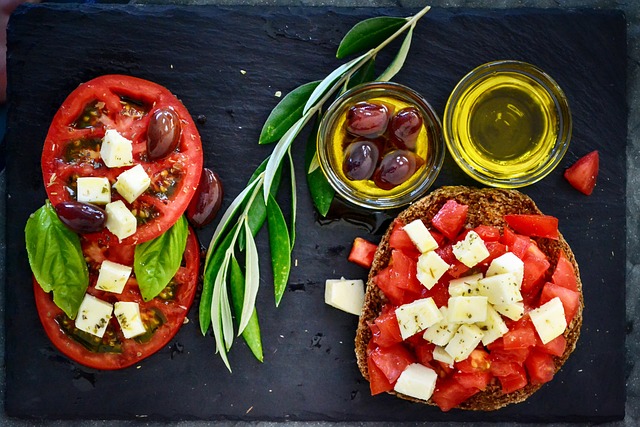Why People in the Blue Zones Live Longer, and How You Can Too!

Have you heard of the Blue Zones? Learning more about them could help you and your family live longer, healthier lives.
It is never too late to start taking better care of your health. A study published online in June, 2024, found people over 80 years old who took better care of themselves lived longer than their peers. People who ate healthily, exercised regularly, did not smoke, avoided alcohol and maintained a lower body mass index (BMI) were most likely to live past 100.
Diet, exercise and not smoking had the biggest impact.
The five Blue Zones
The Blue Zones are five places where people live longer, healthier lives. They were first identified by author and researcher Dan Buettner and his team during a 2004 National Geographic study.
The team circled the five places in blue, hence the name “Blue Zone.”
The Blue Zones include:
- Okinawa, Japan
- Where women live longer than anywhere else.
- Residents eat a diet high in vegetables and tofu; sweet potatoes are a staple.
- People enjoy strong social bonds (moai groups) and a sense of purpose, or ikigai.
- Sardinia, Italy
- (Particularly the mountain villages of Barbagia).
- Home to the highest concentration of male centenarians.
- The diet in this area is plant-based, with whole grains, beans, vegetables, and occasionally, goat’s milk or cheese.
- People maintain close family ties, do hard physical labor and drink a moderate amount of wine.
- Nicoya Peninsula, Costa Rica
- People in this area have a high life expectancy, with low rates of chronic disease.
- They eat a lot of corn, beans and tropical fruits.
- Family connections are strong, communities are tight, and most people work hard.
- Ikaria, Greece
- Residents enjoy low rates of dementia and heart disease.
- They follow a Mediterranean-based diet, rich in olive oil, vegetables and herbal teas.
- People have active daily routines, take naps and are involved in the community
- Loma Linda, California, USA
- Most residents follow the Seventh-Day Adventist religion.
- Many people live to be 100 or more.
- Their diet features nuts, legumes and whole grains.
- Lifestyles emphasize faith, rest (particularly on the Sabbath) and social support.
How do people live differently in the Blue Zones?
These communities have a lot in common:
- They move, a lot. Physical activities like gardening, walking and manual labor are part of everyday life.
- People lead purpose-driven lives. They have a sense of meaning or a reason to live.
- Residents practice strategies to reduce stress, like naps, prayer or socializing.
- Most of their diets are plant-based. The people in these areas also eat less processed food, and take in fewer calories than people in other areas.
- The consumption of alcohol is moderated. Often, it is only enjoyed with meals or in social settings.
- The participation in spiritual or religious groups is higher than normal.
- Families are strong; people have close relationships with their extended relatives.
The Blue Zones have inspired public health leaders worldwide to facilitate the kinds of lifestyles that lead people to live better, longer. Every senior care consultant on staff at Senior Care Partners takes opportunities to follow Blue Zone principles into account when considering senior housing for our clients.
Learning from the Blue Zones
We take Cincinnati and Dayton elder care very seriously. For families as inspired by the Blue Zones as we are, we seek out housing where Blue Zone-type practices are prioritized:
- Availability of healthy, delicious cuisine
- Mechanisms to help residents maintain strong family ties
- Opportunities for residents to stay physically and mentally active, enjoy favorite activities and explore new interests
- Structures for social support among residents and the surrounding community
- Encouragement for residents to practice their faiths
Our Cincinnati and Dayton senior care advisors guide clients through the process of finding the best care for their loved ones. We work with you every step of the way for a seamless, hassle-free experience at NO COST to you and your family.
Interested in our services? Set up a free no-obligation consultation today.
